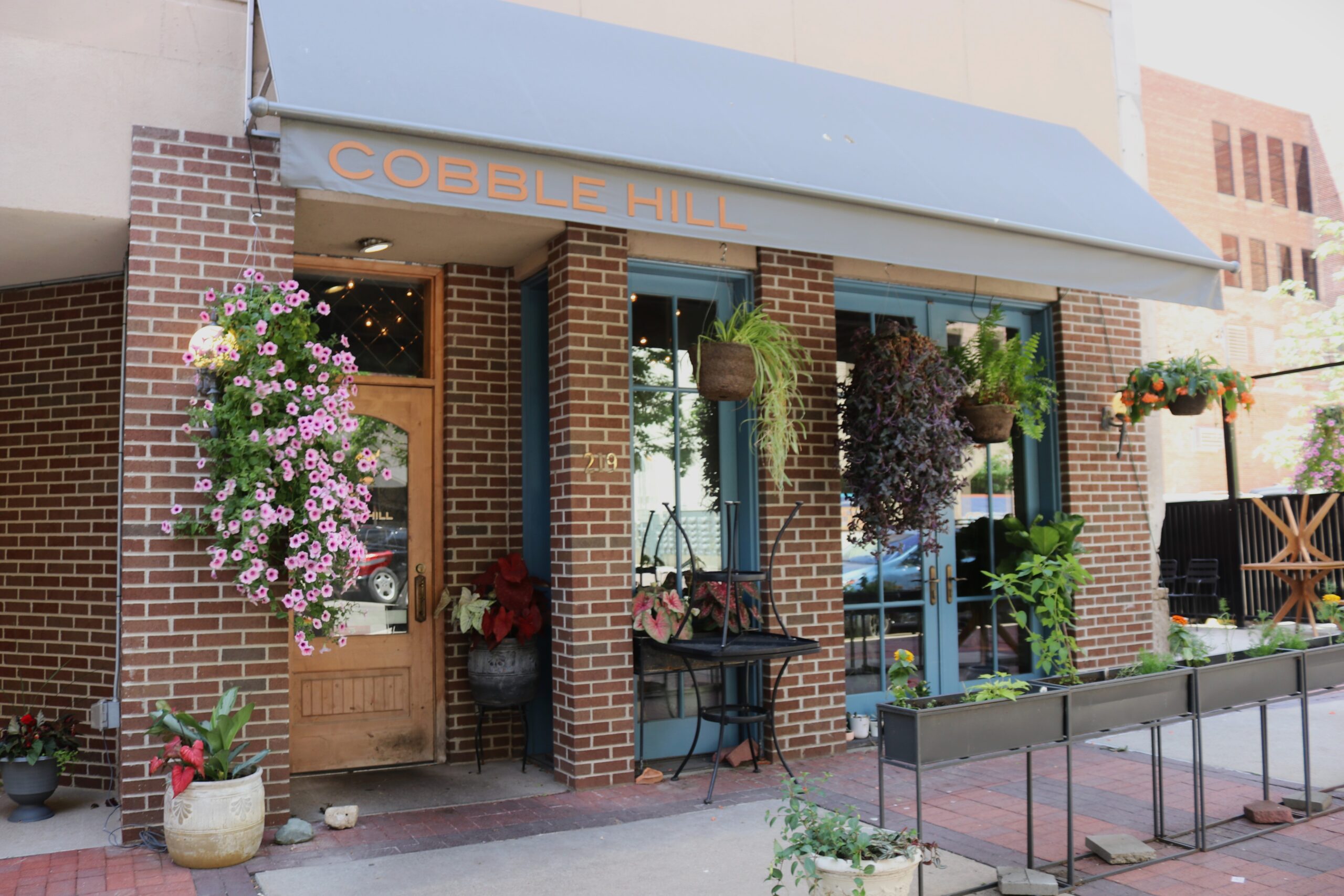
Around 40 chefs and farmers from the Linn County area gathered together at Cobble Hill in Cedar Rapids July 15 to discuss locally-grown and raised food. Cobble Hill is one of several restaurants in the Corridor to rely largely on locally-sourced ingredients. Head chef and owner Andy Schumacher spoke at Monday’s event, which was hosted […]
Already a subscriber? Log in
Want to Read More?
Get immediate, unlimited access to all subscriber content and much more.
Learn more in our subscriber FAQ.
- Unparalleled business coverage of the Iowa City / Cedar Rapids corridor.
- Immediate access to subscriber-only content on our website.
- 26 issues per year delivered digitally, in print or both.
- Support locally owned and operated journalism.
Do you want to read and share this article without a paywall?
Click here to purchase a paywall bypass linkAround 40 chefs and farmers from the Linn County area gathered together at Cobble Hill in Cedar Rapids July 15 to discuss locally-grown and raised food.
Cobble Hill is one of several restaurants in the Corridor to rely largely on locally-sourced ingredients. Head chef and owner Andy Schumacher spoke at Monday’s event, which was hosted by the Linn County Food Systems Council.
Mr. Schumacher began by emphasizing Cobble Hill’s reliance on local produce, which he said makes up around 90% of the restaurant’s menus at the height of the season: usually mid-summer. He said that above all else, local ingredients are incomparable to store-bought or mass-produced food.
“First and foremost, for me, quality is paramount,” Mr. Schumacher said at the event. “You know, the style of restaurant that we're doing, we're trying to do a little bit more of a high-end thing. Having that quality is very important. And having that inherent quality in the ingredient makes our job way easier, and way more enjoyable.”